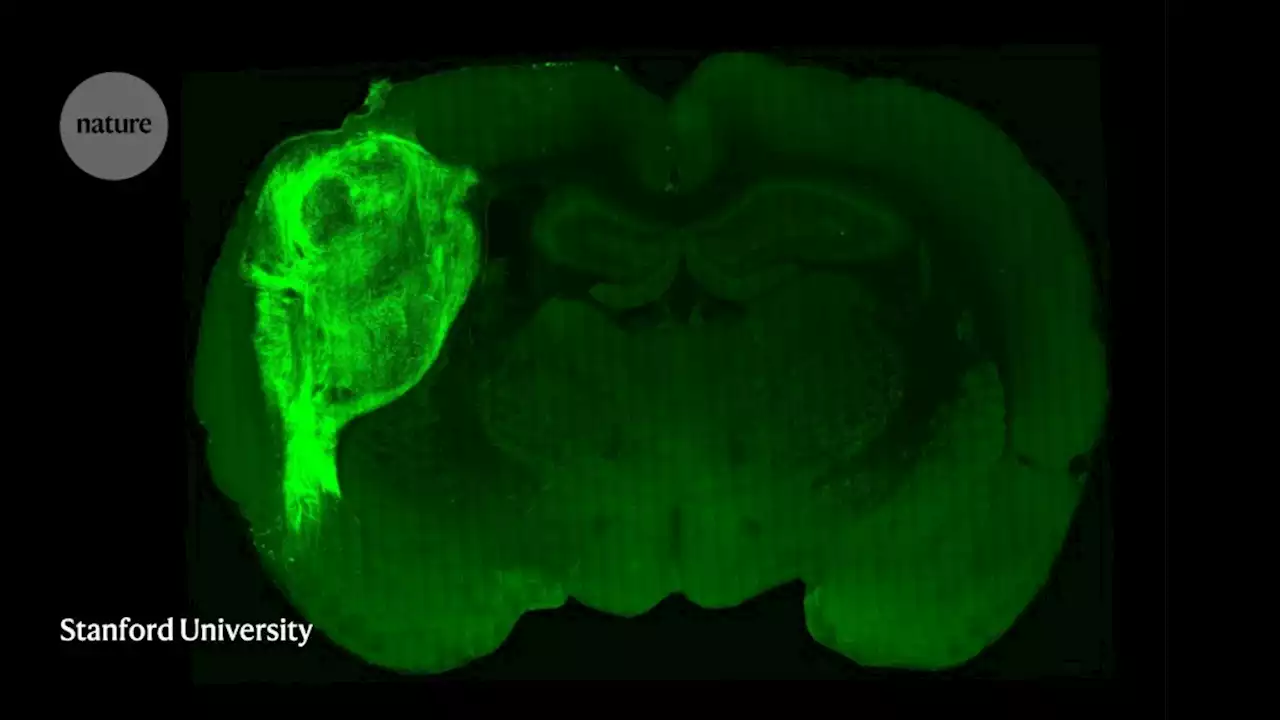Rat-human hybrid brains offer new ways to study human neuro disorders, but also raise ethical questions
Scientists would like to use brain organoids — tiny brain-like structures grown from human stem cells — to study neurodegenerative and neuropsychiatric disorders that humans develop. But the organoids mimic human brains only so far. They don’t develop blood vessels and so can’t receive nutrients, meaning that they don’t thrive for long.
Paola Arlotta, a molecular biologist at Harvard University in Cambridge, Massachusetts, is excited about the results. “It’s an important step in allowing organoids to tell us more complex properties of the brain,” she says, although she thinks that the transplantation procedure is probably still too expensive and complex to become a standard research tool.
United States Latest News, United States Headlines
Similar News:You can also read news stories similar to this one that we have collected from other news sources.
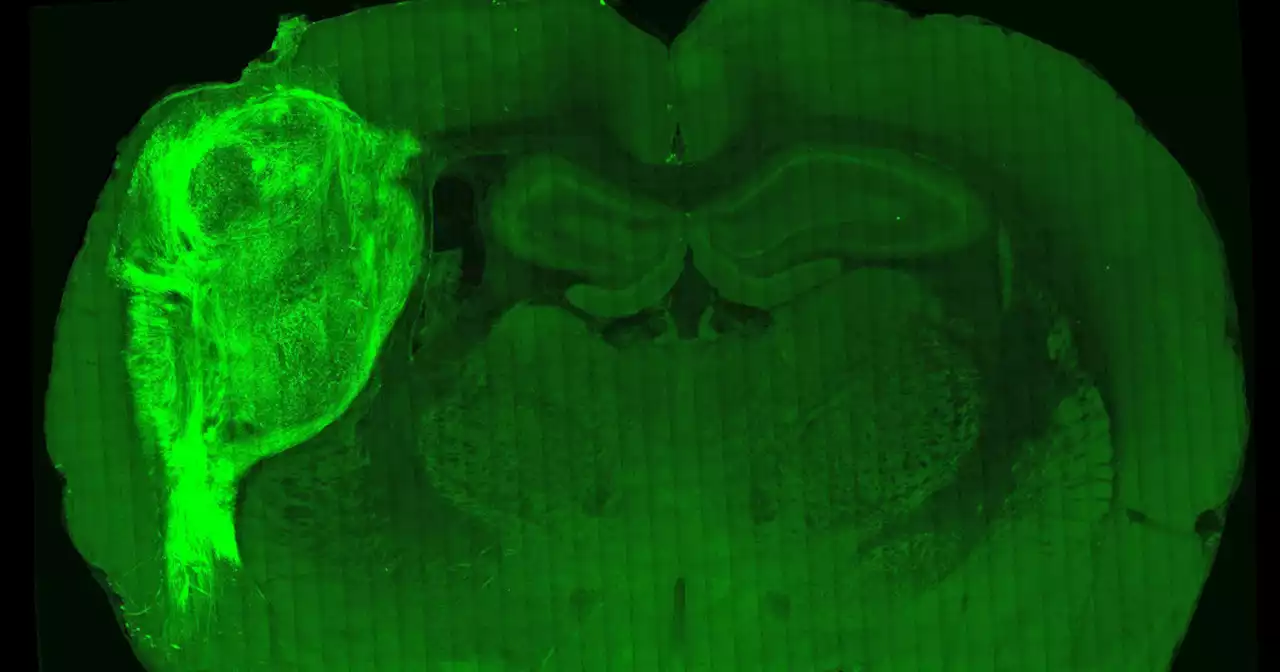 In a novel experiment, brain-like human tissue implanted in rat brains influenced the rodents' behavior'Human neurons become part of the rat circuitry.' Scientists hope that the experiment's human-rat transplants will give them a better understanding of how genetic mutations influence brain circuits and human behavior.
In a novel experiment, brain-like human tissue implanted in rat brains influenced the rodents' behavior'Human neurons become part of the rat circuitry.' Scientists hope that the experiment's human-rat transplants will give them a better understanding of how genetic mutations influence brain circuits and human behavior.
Read more »
 Scientists Transplant Human Tissue into Rat Brains, Opening Door to New ResearchScientists have transplanted human brain cells into rats. The technique could help us better understand conditions like autism and schizophrenia.
Scientists Transplant Human Tissue into Rat Brains, Opening Door to New ResearchScientists have transplanted human brain cells into rats. The technique could help us better understand conditions like autism and schizophrenia.
Read more »
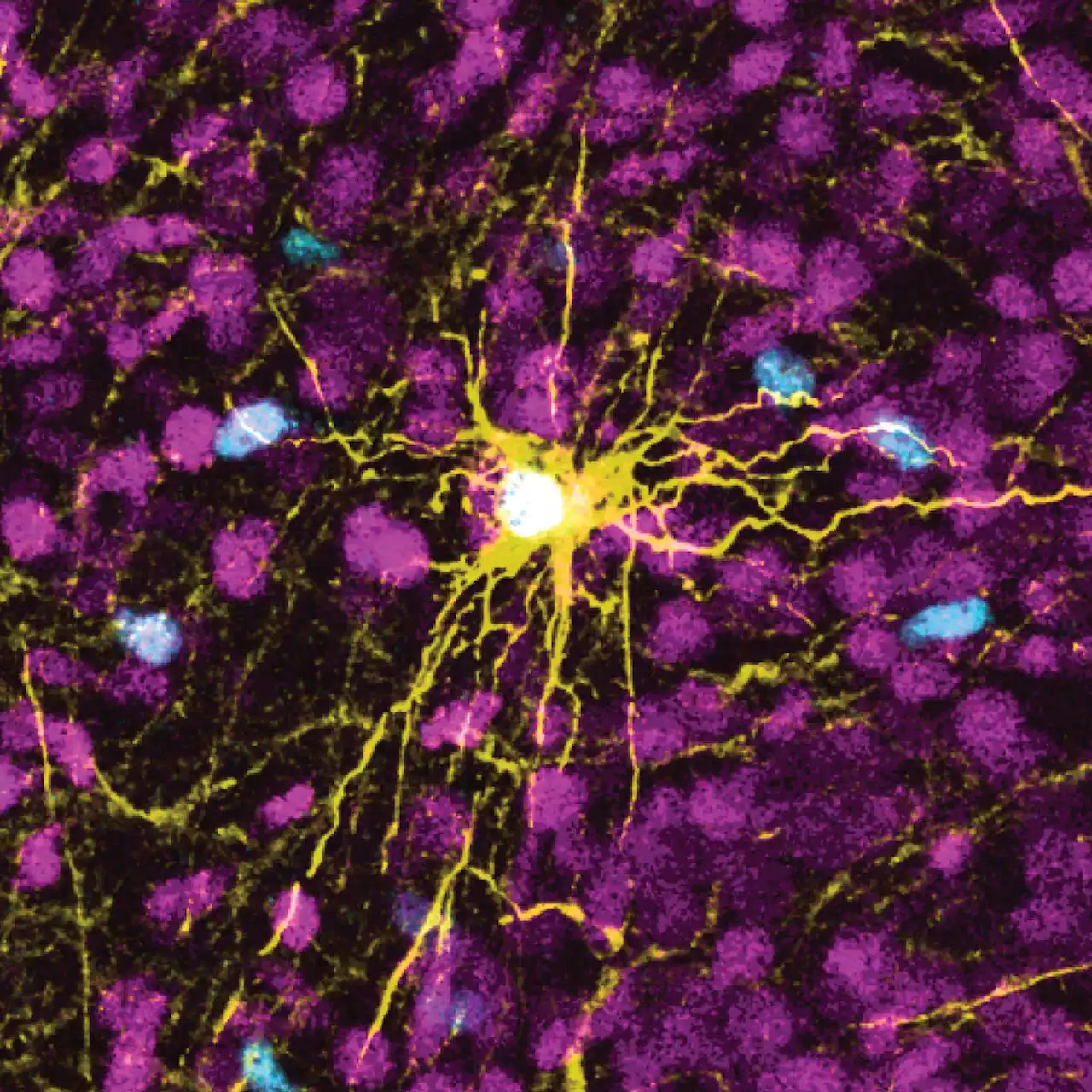 Scientists grow human brain cells in rats to study diseasesScientists have transplanted human brain cells into the brains of baby rats, where the cells grew and formed connections. It's part of an effort to better study human brain development and diseases affecting this most complex of organs, which makes us who we are but has long been shrouded in mystery. “Many disorders such as autism and schizophrenia are likely uniquely human” but “the human brain certainly has not been very accessible,” said said Dr. Sergiu Pasca, senior author of a study describing the work, published Wednesday in the journal Nature.
Scientists grow human brain cells in rats to study diseasesScientists have transplanted human brain cells into the brains of baby rats, where the cells grew and formed connections. It's part of an effort to better study human brain development and diseases affecting this most complex of organs, which makes us who we are but has long been shrouded in mystery. “Many disorders such as autism and schizophrenia are likely uniquely human” but “the human brain certainly has not been very accessible,” said said Dr. Sergiu Pasca, senior author of a study describing the work, published Wednesday in the journal Nature.
Read more »
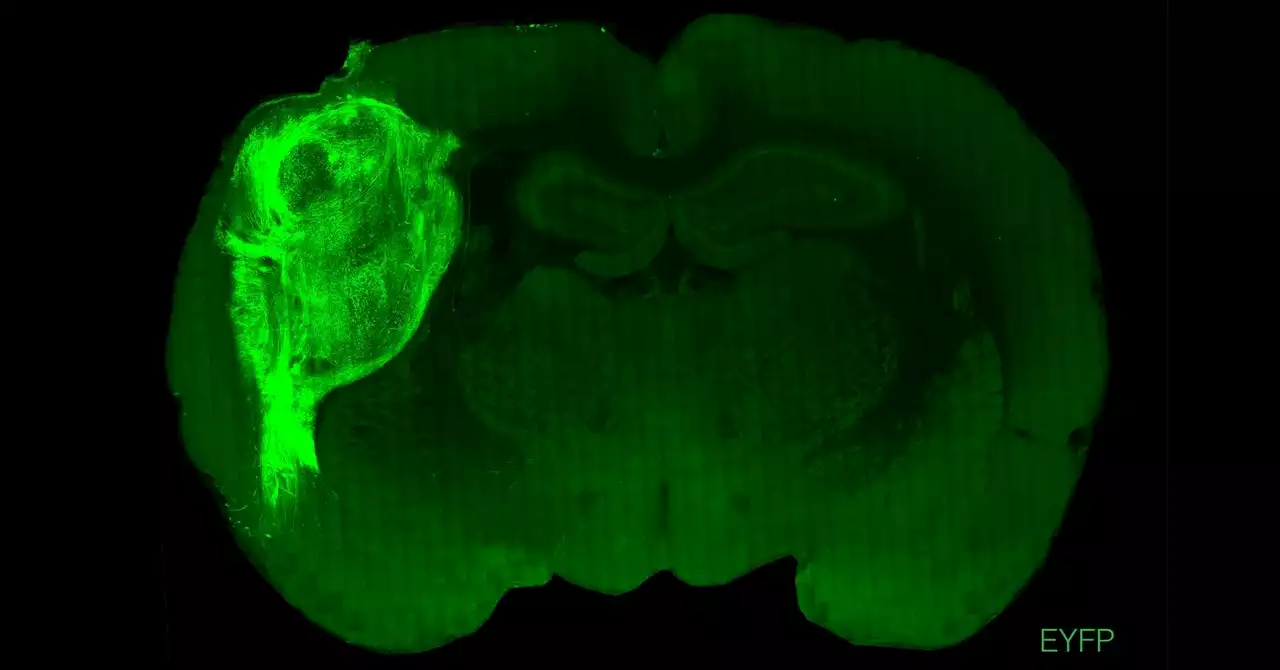 Lab-Grown Human Brain Tissue Works in RatsScientists integrated tiny cell clusters called organoids with the animals’ own tissue, a step toward developing sophisticated mini-models of the brain.
Lab-Grown Human Brain Tissue Works in RatsScientists integrated tiny cell clusters called organoids with the animals’ own tissue, a step toward developing sophisticated mini-models of the brain.
Read more »
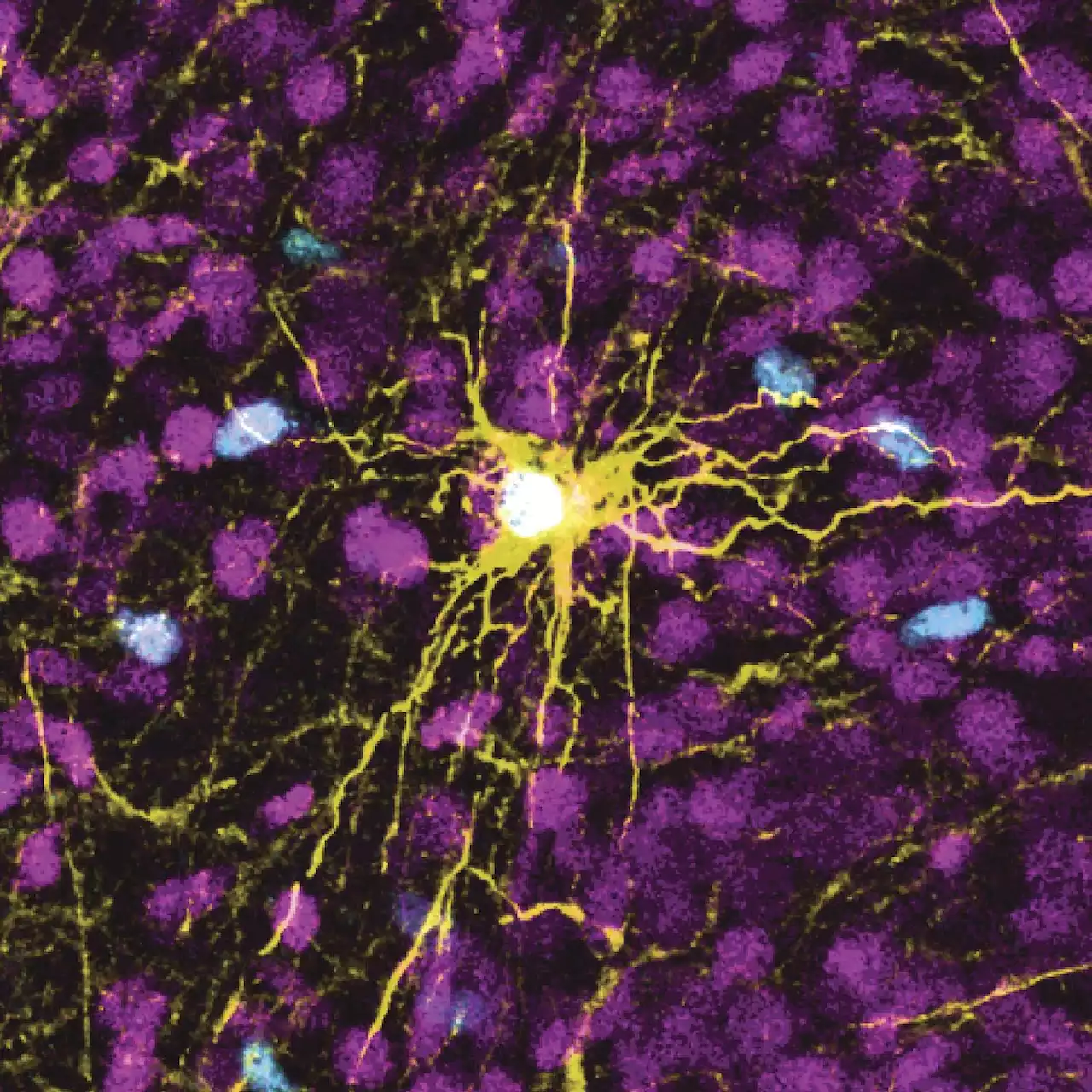 Scientists grow human brain cells in rats to study diseasesScientists have transplanted human brain cells into the brains of baby rats, where the cells grew and formed connections. It's part of an effort to better study human brain development and diseases affecting this most complex of organs, which makes us who we are but has long been shrouded in mystery.
Scientists grow human brain cells in rats to study diseasesScientists have transplanted human brain cells into the brains of baby rats, where the cells grew and formed connections. It's part of an effort to better study human brain development and diseases affecting this most complex of organs, which makes us who we are but has long been shrouded in mystery.
Read more »
